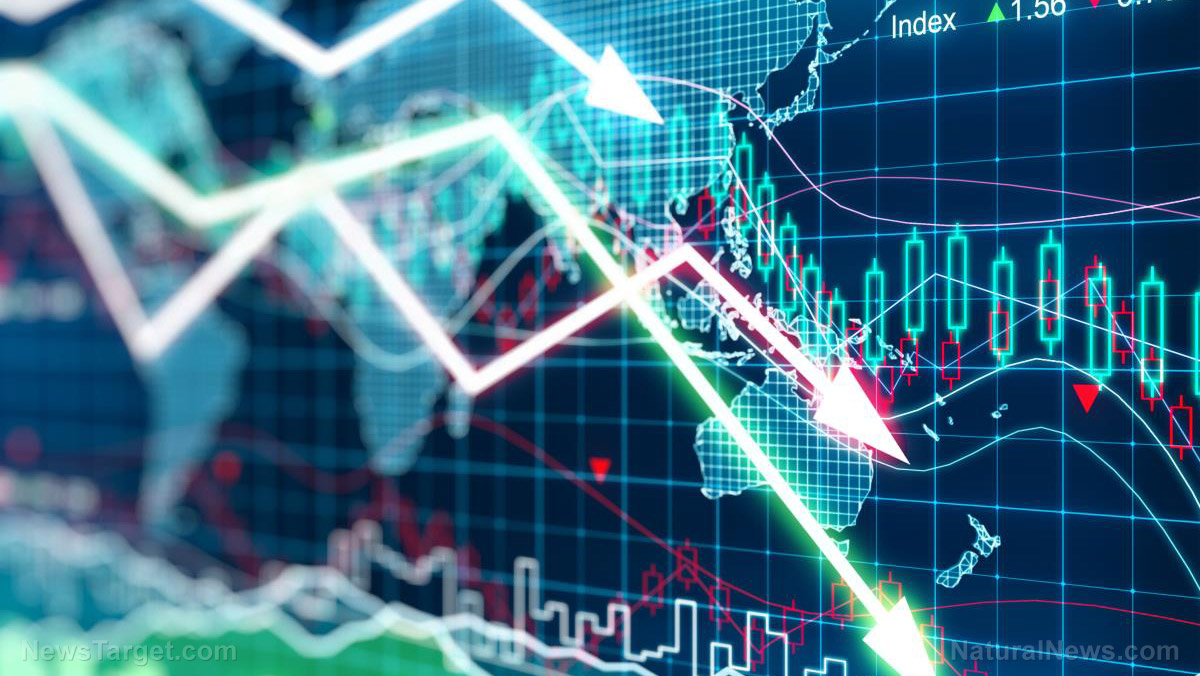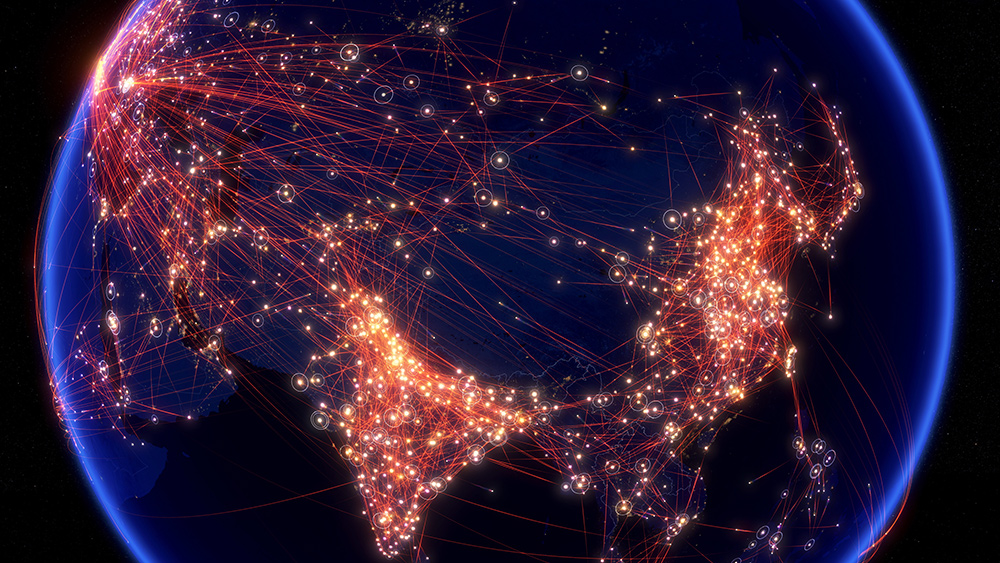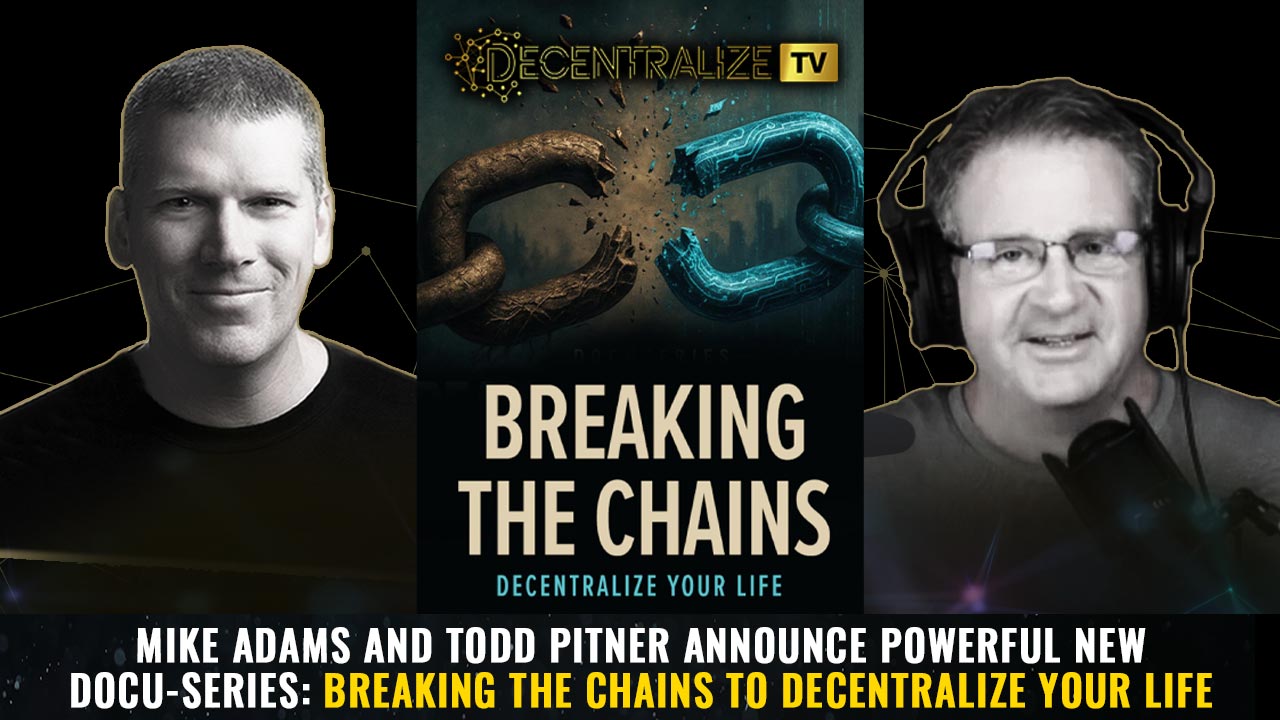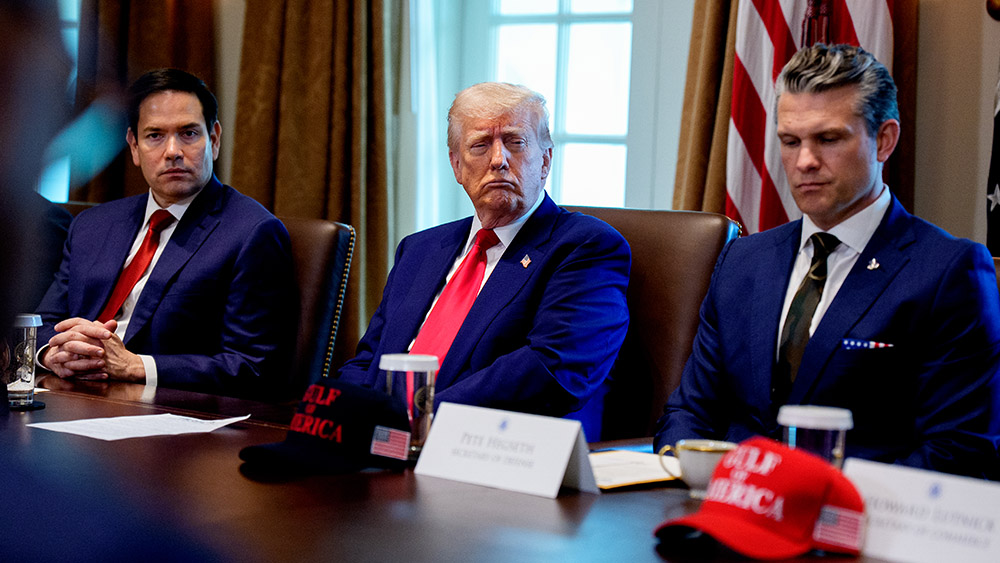 Parler
Parler Gab
Gab
- The escalating trade war has caused severe economic disruptions, with experts warning of potential shortages by late May, skyrocketing prices and a possible recession this summer. The Trump administration's unprecedented tariff hikes, reaching up to 145%, have crippled trade flows, forcing American retailers to seek alternatives and leading Chinese factories to halt production.
- Major Chinese export hubs like Yiwu and Dongguan are experiencing significant production halts, with companies furloughing workers and pausing operations. The pain extends beyond manufacturing, affecting sectors like textiles and sports apparel, with layoffs and shifts to domestic ventures like livestreaming to mitigate losses.
- U.S. retailers are urgently securing goods to prevent inventory shortages, as imports from China have nearly ceased. Critical entry points like the Port of Los Angeles report drastic declines in shipments, and holiday suppliers face catastrophic delays. Consumer staples are expected to be the first to experience shortages, with predictions of empty shelves and a credit crunch as firms slash costs.
- Economists estimate a 50% chance of a recession, driven by collapsing imports and soaring prices. The Commerce Department anticipates a 7% quarterly drop in imports, the sharpest since 2020. The trade war has sent global markets into turmoil, with shipping rates plummeting and carriers canceling sailings.
- Diplomatic efforts remain stalled, with China denying ongoing talks and the White House demanding de-escalation. In response, businesses are diversifying supply chains, diverting orders to countries like Vietnam, Cambodia, Brazil and Ghana. Experts advise consumers to stockpile Chinese-made goods before scarcity hits, as the situation could worsen and reshape political and economic landscapes.
Production halts in China signal dire economic shift
Factories in major export hubs like Yiwu and Dongguan are beginning to falter as orders vanish amid tariffs too costly for American businesses to absorb. Cameron Johnson, a Shanghai-based consultant, reported that companies producing toys, sporting goods and dollar-store items have furloughed half their workers and paused production. “There’s hope tariffs will be lowered, but for now, factories are idling,” he said. The pain is spreading beyond manufacturing. Textile workers in Shandong face layoffs, while exporters like Woodswool, a sports apparel manufacturer, pivot to domestic livestreaming ventures to salvage sales. “All our U.S. orders have been canceled,” said factory manager Li Yan, now selling products online via Baidu’s AI-driven virtual humans.Retailers brace for empty shelves and skyrocketing costs
U.S. retail giants are racing against time to secure goods before inventories dry up. The Port of Los Angeles, a critical entry point for imports, notes a drastic decline: “Essentially all shipments out of China for major retailers have ceased,” said Executive Director Gene Seroka. Holiday suppliers like The Gersons Companies face catastrophe, with 250 containers of decorations stranded. “The clock is ticking—we have to get this worked out soon,” pleaded CEO Jim Gerson. Consumer staples will tighten first. Gary Cohn, Trump’s former economic advisor, warned on CBS that pandemic-era shortages will resurface by late May. “The cycle from order to shelf is eight weeks,” he said. Torsten Slok of Apollo Global Management predicts “empty shelves” and a “credit crunch” as firms slash costs to survive.Economists sound alarm over imminent recession
Economists now estimate a coin-flip chance of recession, driven by collapsing imports and spiking prices. “Supply problems could turn into credit chaos,” warned Steven Blitz of TS Lombard, citing risks of margin squeeze and lending freezes. The Commerce Department anticipates a 7% quarterly drop in imports, the sharpest since 2020. President Trump’s strategy has left global markets in turmoil. Shipments from China to the U.S. have plunged 40% in April, with carriers Hapag-Lloyd canceling 30% of sailings. Billing rates for containers have hit 2023 lows. “Never seen macro headwinds like this,” said analyst John McCown.Searching for solutions amid diplomatic stalemate
Washington and Beijing remain deadlocked. China denies ongoing talks, while the White House insists Beijing must “de-escalate.” Meanwhile, businesses are forging new supply chains. U.S. importers are diverting orders to Vietnam and Cambodia, and Chinese exporters are turning to Brazil and Ghana. Guillermo Logistics in Ghana, founded during the pandemic, now handles $1 million in annual shipments. Back in Kansas, Jim Gerson urges American consumers to stockpile Chinese-made items before scarcity hits. Experts concur: “Whatever you’ll need for the second half of the year—buy it now,” advised Bloomberg analyst Judah Levine.America’s economic crossroads
The U.S. stands at an economic crossroads, where punitive tariffs threaten to unravel supply chains and fuel recession. With negotiations stalled and production grinding to a halt, Trump’s “trade war” increasingly confronts its costs. As President Biden’s energy policies already strain households, a tariff-driven scarcity crisis could reshape voter sentiment—and political outcomes—this fall. “The lingering effects could be worse,” said toy CEO Jay Foreman, echoing industry-wide anxiety. With inflation soaring and factories shuttering, the administration’s gamble risks leaving Americans happily tariff supporters today, but economically stranded tomorrow. Sources for this article include: EndoftheAmericanDream.com MSN.com CNBC.comChina’s ‘meltdown-proof’ thorium reactor could ignite clean energy revolution
By Lance D Johnson // Share
U.S. and China edge toward trade talks, but sticking points remain
By Ava Grace // Share
Apple to shift iPhone production to India by 2026 amid U.S.-China trade war
By Willow Tohi // Share
Trump’s defense of tariffs as economic strategy sparks debate over trade and consumer impact
By Willow Tohi // Share
Governments continue to obscure COVID-19 vaccine data amid rising concerns over excess deaths
By patricklewis // Share
Tech giant Microsoft backs EXTINCTION with its support of carbon capture programs
By ramontomeydw // Share
Germany to resume arms exports to Israel despite repeated ceasefire violations
By isabelle // Share










